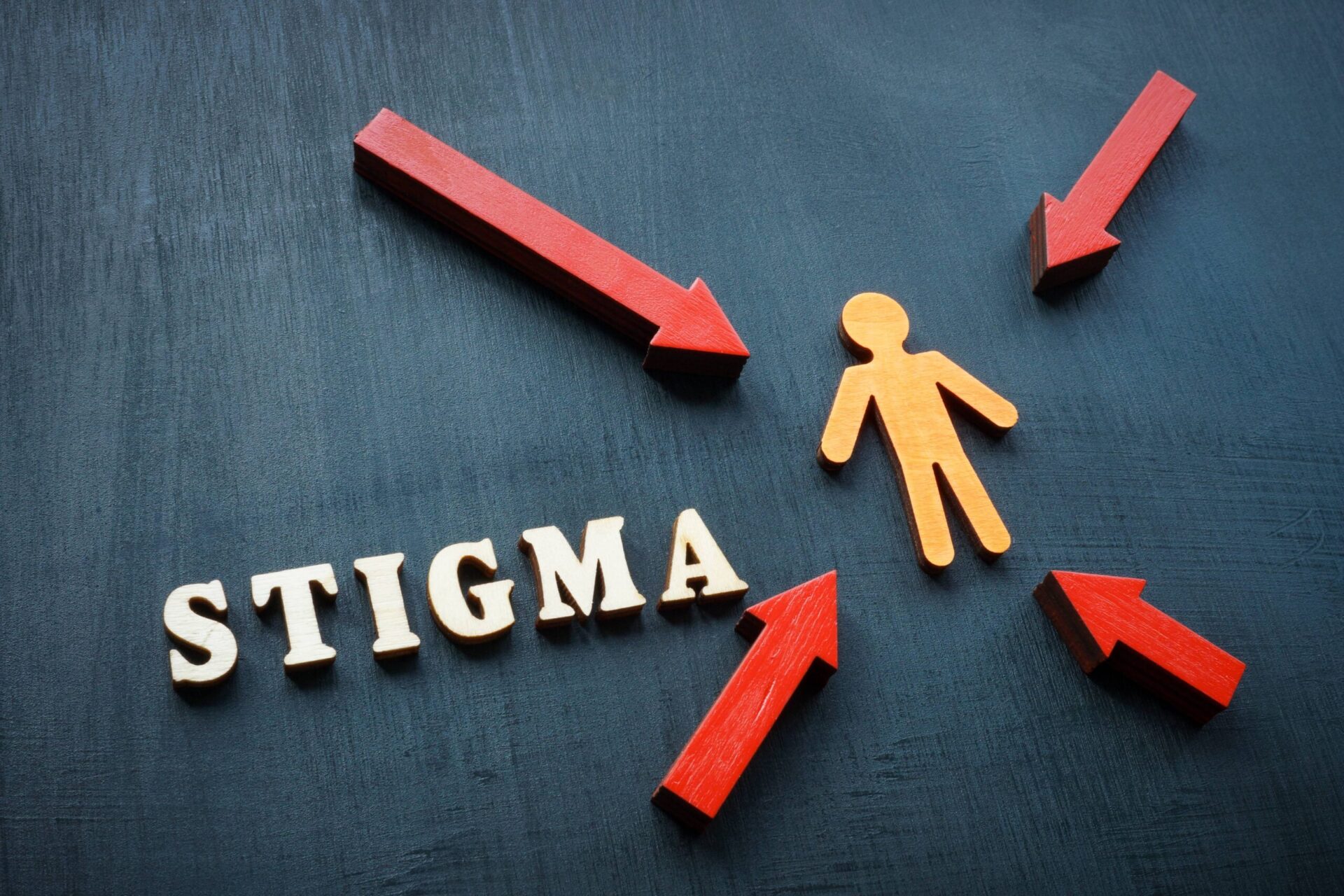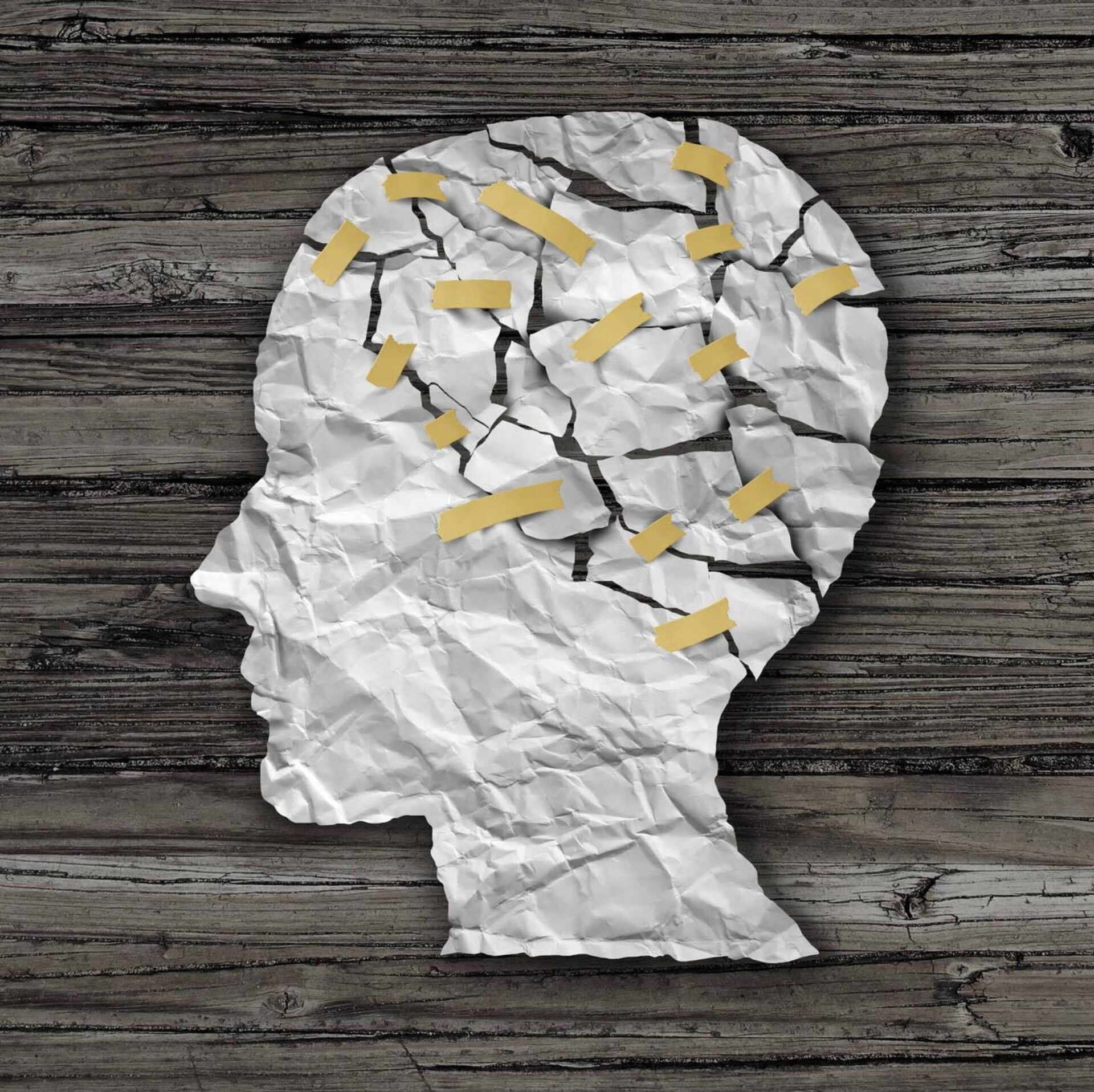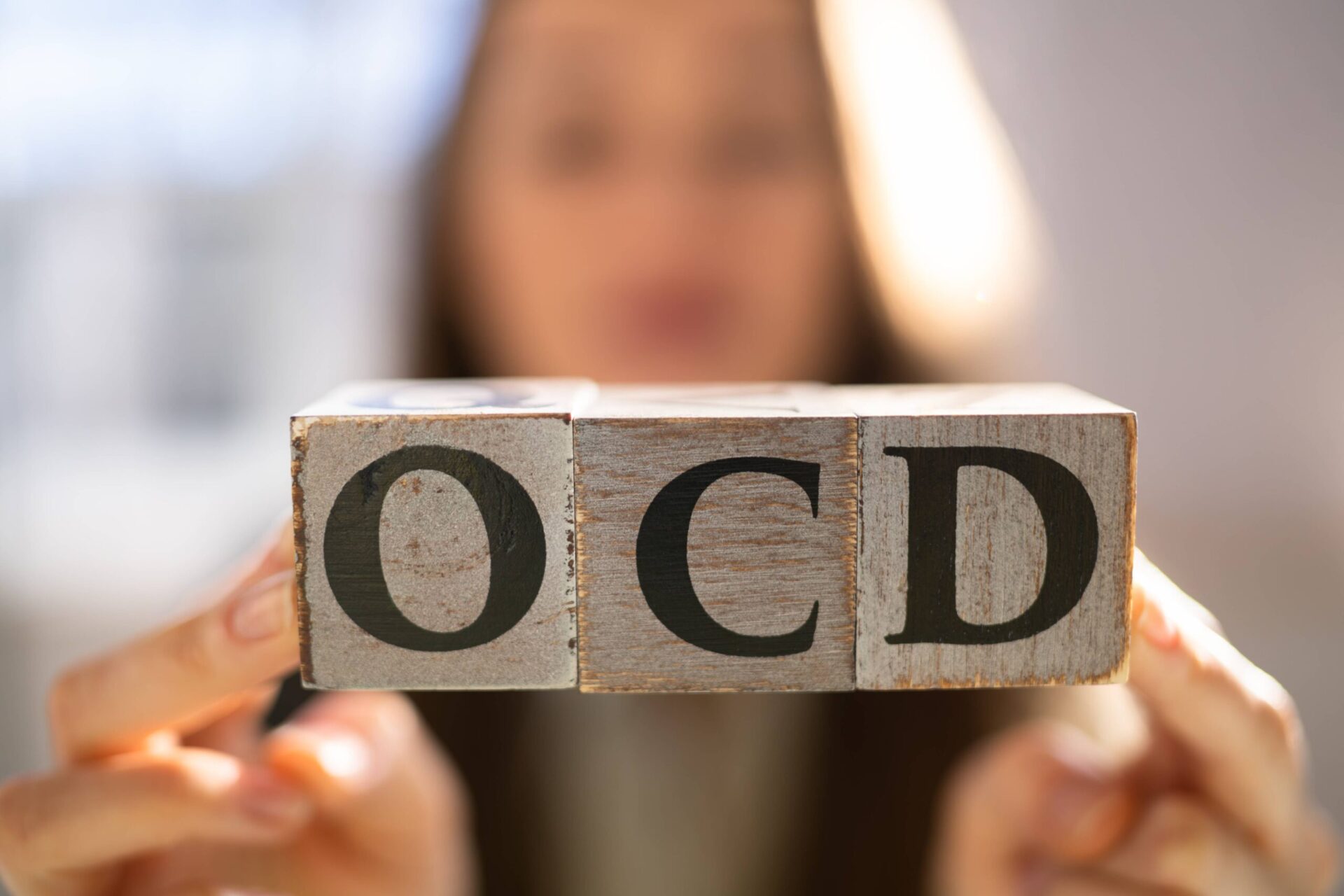10th October 2019 is World Mental Health Day, hosted by the World Federation of Mental Health. This year’s theme is ‘Dignity’.
There are many people out there that perhaps do not understand mental health; and their views, feelings or judgments can make it difficult for those suffering from mental health to seek the professional help they may need. Sadly, stigmatising and discriminatory treatment can be upsetting for the person experiencing the illness, which can lead to additional issues such as low confidence and low self-esteem.
This month at Pinnacle, we’re focussing on the stigma attached to mental health and to understand what we can do to help. We conducted an anonymous survey amongst some of our clients, suffering from a variety of mental health issues. We asked them how they cope with the stigma attached to their illness; here’s what some of them said:
How do you cope with the stigma attached to mental health in your everyday life?
“I’ve never been directly insulted or discriminated against as most people wouldn’t know about my personal situation. It’s more comments that are made in passing about mental health that impact me. So the key for me is not to take it too personally. Everyone has an opinion and it’s important to not let the view of one person completely snowball your thoughts. I’m pretty open with friends and family about what’s going on for me, and they are all very caring and trustworthy, which helps me to feel supported. I would like to think that having this support network means that one person’s judgment won’t mess up my day”
“I have been in a couple of situations, not necessarily where someone was purposely discriminatory towards me, it was more a case that they just weren’t educated and passed comments in relation to mental health, for example, I have heard ‘they just need to get themselves out of the bad mood’. I find that telling my story helps the situation; I make it clear about how I feel about my problems too. This often helps them to understand what I and many others are going through, that it’s an illness, and I didn’t choose it. It’s not about gaining their sympathy, but more a case of informing them of the reality; it’s about education”
“It helps if you’re armed with facts and statistics about your mental health issues. This can quite often diffuse any judgment. I often find that it’s a lack of understanding on their part which causes them to say something without thinking. When I’ve given someone real facts about my illness, they tend to then ask me more questions. I like to think that they will then pass on the information, and bit by bit, people will gain a little more knowledge of what people like me are going through”
“I have experienced situations in which I didn’t feel that I was being treated with dignity with regard to my illness. This leads me to take up meditation and mindfulness techniques to help with my mind chatter. Unfortunately, people can be ignorant, but rather than dwell on it, I park it, and move on. I have made it a routine to say positive affirmations every morning and use mindfulness techniques throughout my day. The kids do it too; we have an affirmations bowl and they pick a positive word from it to focus on for the day – we talk about it in the car on the way to school”
How can you help?
We can all help to safeguard the wellbeing of those suffering from a mental illness with education. Why not share the fundamental facts document from the Mental Health Foundation on social media and spread the word?
Download it here.














